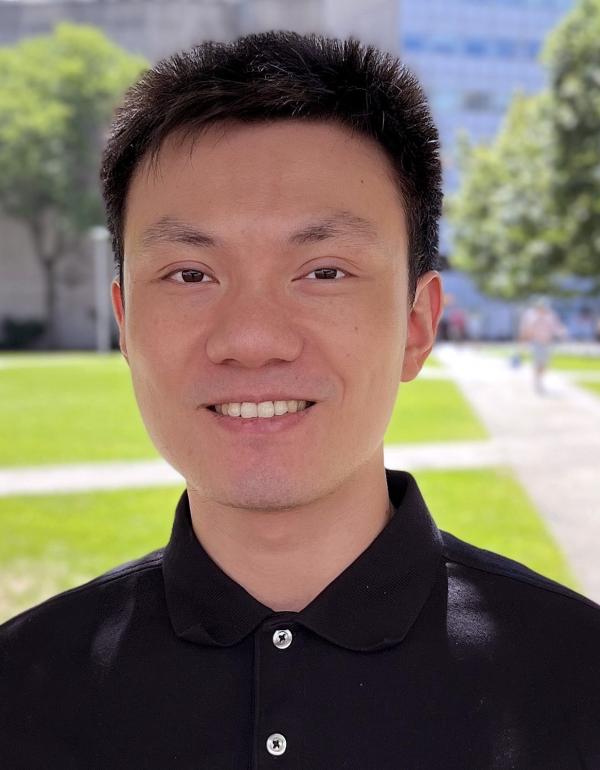
Education
- B.Sc. in Chemistry, Peking University, 2015
- Ph.D. in Chemistry, Massachusetts Institute of Technology, 2020
Professional Experience
- Assistant Professor, University of Maryland, College Park, starting 2024
- Postdoctoral Fellow with Prof. Timothy C. Berkelbach, Department of Chemistry, Columbia University, 2020 – 2024
Research Interests
My research group is dedicated to leveraging theory and computational modeling to unravel intricate quantum phenomena at the crossroads of chemistry, physics, and materials science. At its core, our group’s research is driven by the development of accurate electronic structure theories and efficient computer programs that are capable of scaling up for simulating extensive systems in condensed phases. To accomplish this, we synergize traditional quantum chemistry wisdoms with contemporary techniques from condensed-matter physics and artificial intelligence. These new theories and computational tools will find practical applications in the design of more efficient catalytic surfaces, the exploration of quantum materials marked by strong electron correlation, and the engineering of high-performance supramolecular materials.Major Recognitions and Honors
- American Chemical Society Young Investigator Award in Physical Chemistry for Theory, 2023
- American Chemical Society Wiley Computers in Chemistry Outstanding Postdoc Award, 2022
My research group is dedicated to leveraging theory and computational modeling to unravel intricate quantum phenomena at the crossroads of chemistry, physics, and materials science. At its core, our group’s research is driven by the development of accurate electronic structure theories and efficient computer programs that are capable of scaling up for simulating extensive systems in condensed phases. To accomplish this, we synergize traditional quantum chemistry wisdoms with contemporary techniques from condensed-matter physics and artificial intelligence. These new theories and computational tools will find practical applications in the design of more efficient catalytic surfaces, the exploration of quantum materials marked by strong electron correlation, and the engineering of high-performance supramolecular materials.


